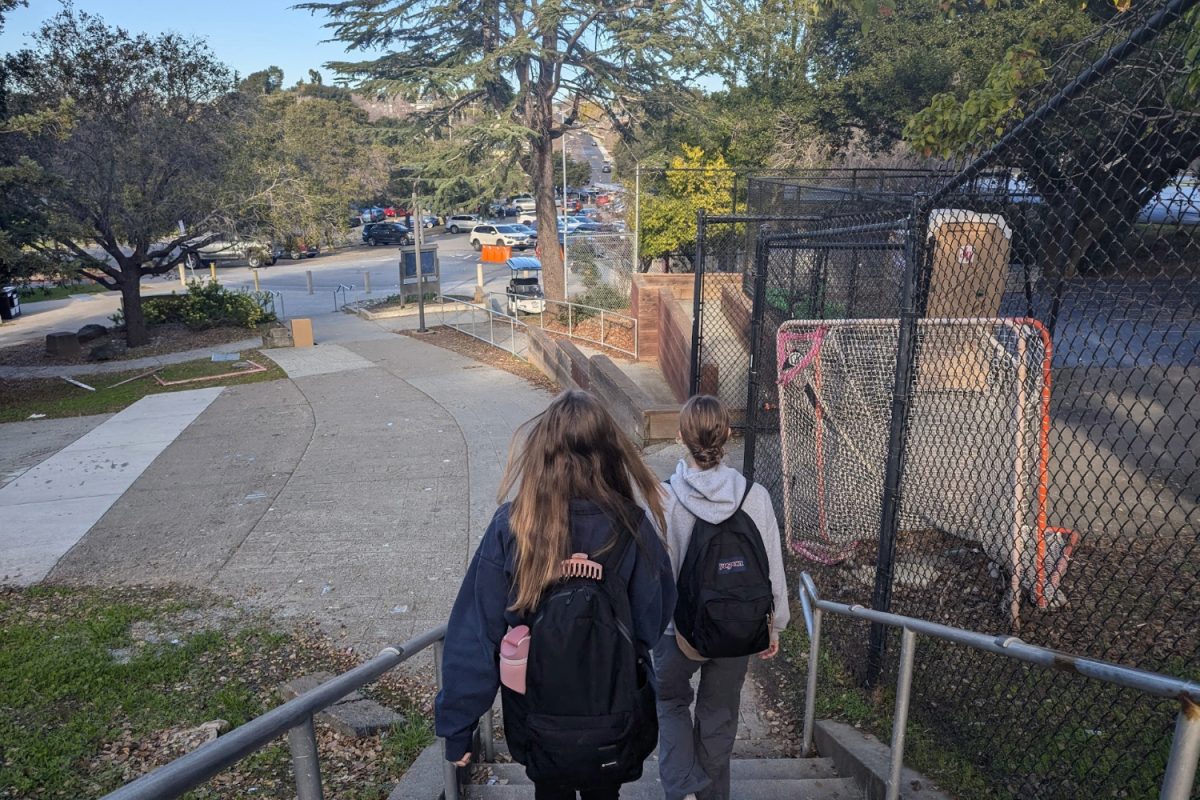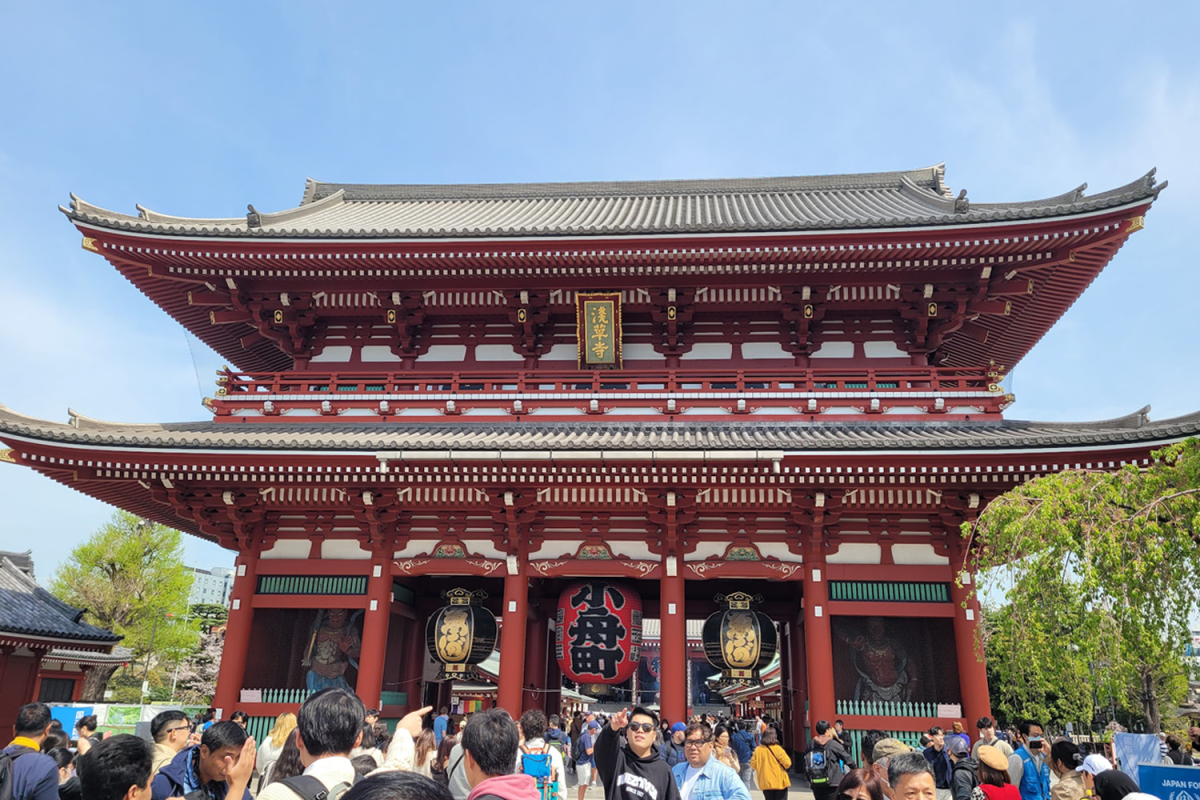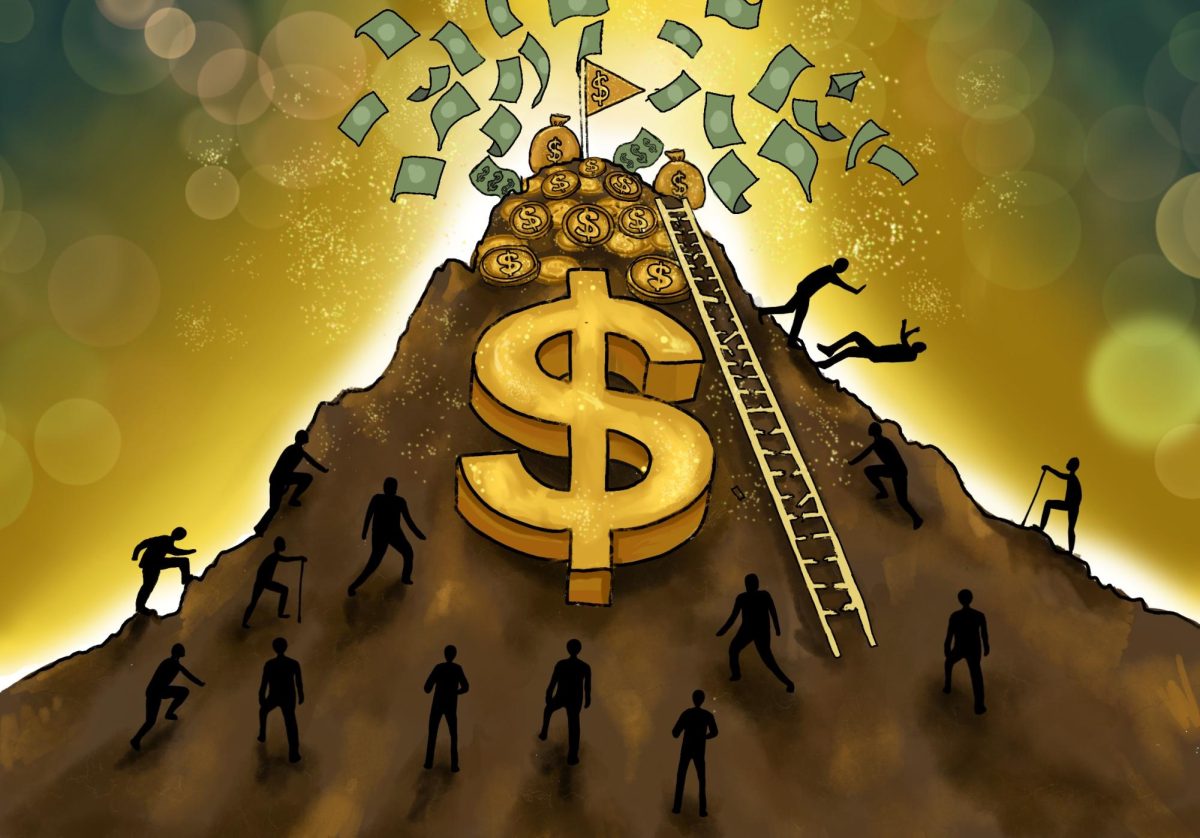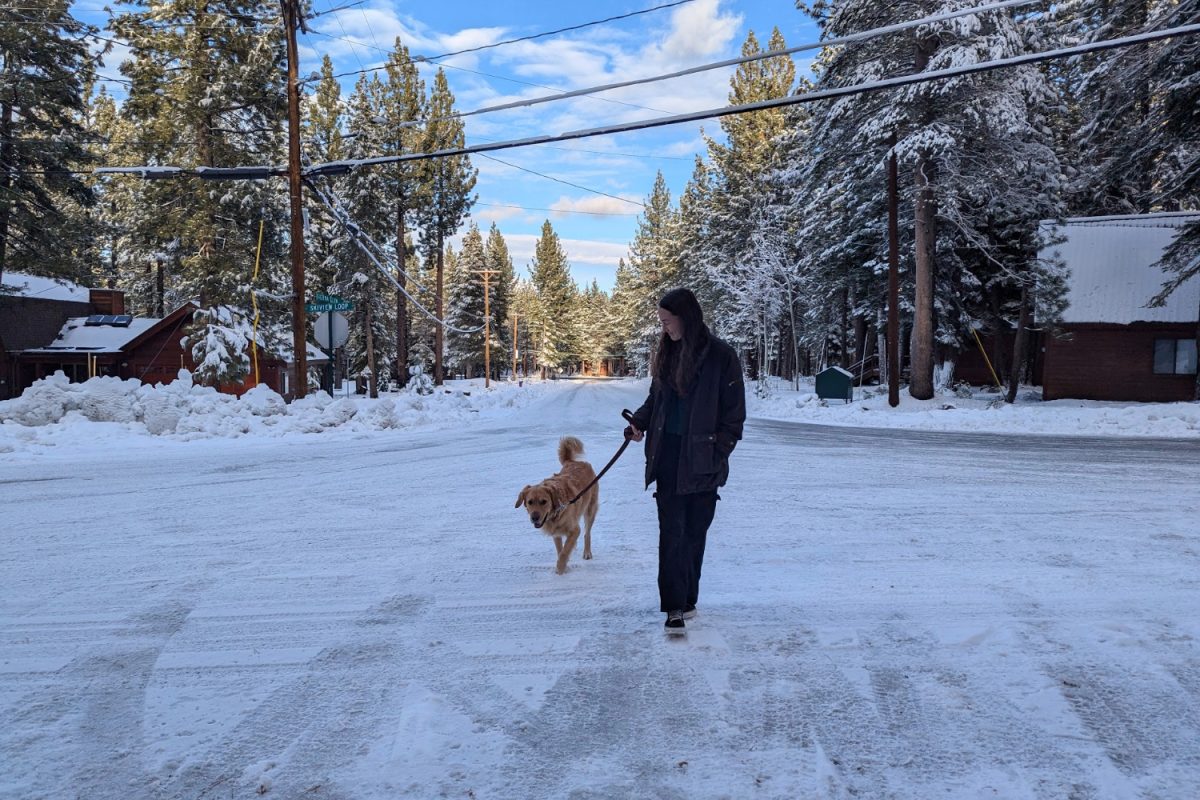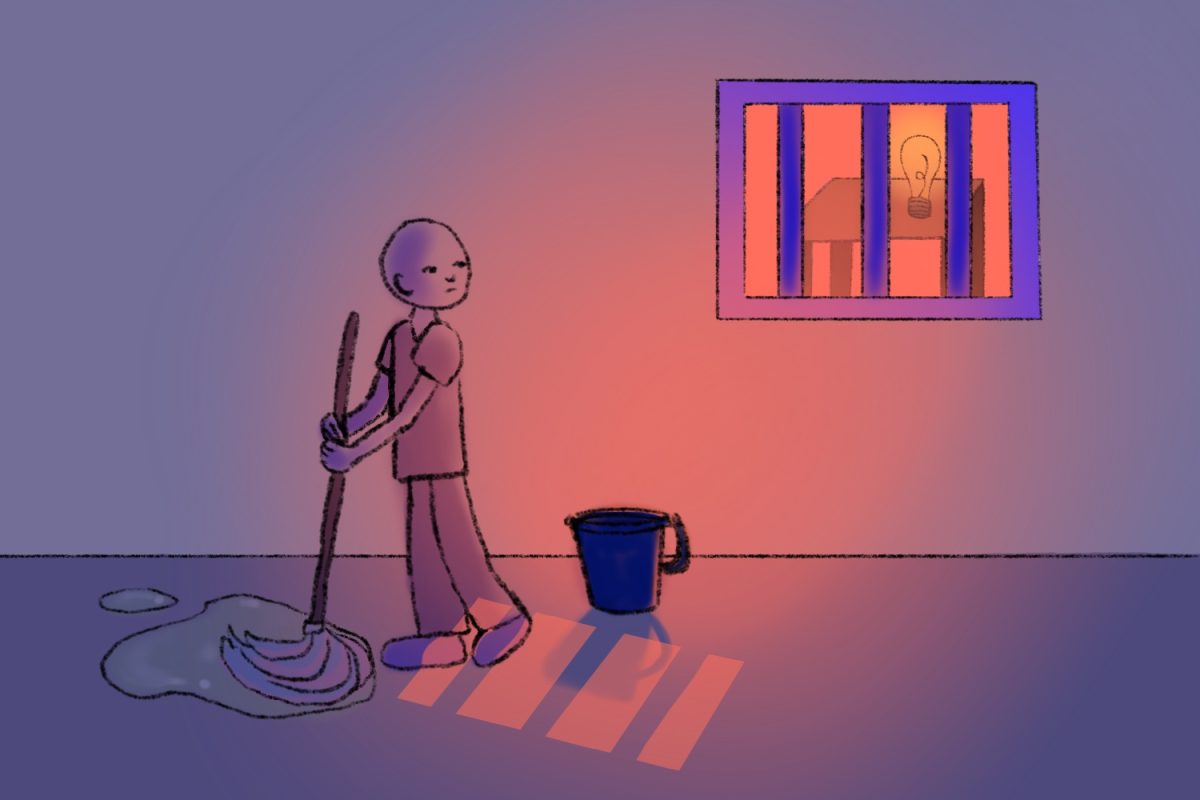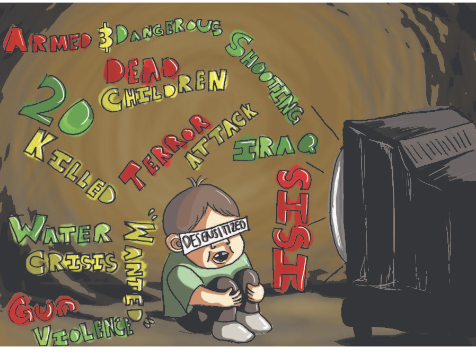
It’s no question that the younger generation — or “Gen-Z,” as social media dubs them — has grown up in an Orwellian dystopia.
Children of the turning century shared birthdays with new iPhone model releases, made paper mâché projects with newspaper clippings of 9/11, and took their first steps to “Baby” by Justin Beiber — arguably, the most traumatizing world event of all. The sudden eruption of new technology combined with a slew of headlines every week discussing which countries have descended into warzones didn’t necessarily make for a comfortable environment for raising a child.
And it didn’t stop. Global-scale activism had come to a head, and with it, the insurgence of oppression, violence, and street brutality amidst minorities fighting for recognition. In addition, 2020 brought with it the outbreak of COVID-19, and within months, the virus had taken international control, and the world was launched into a full-scale epidemic. Schools were closed, houses were locked, and streets were barren. And children who’d thrived off of peer interaction and activity were thrown into isolation.
As a result, the younger generation learned to live through tragedy after tragedy, finding a way to live and push forward through it all — even if that meant becoming numb, in a way, to the major events that kept striking our world.
Youth of the early 2000s were raised alongside fast-growing technology advancements, which became integrated into their lives from an early age. Whenever tragedy struck — and it did a lot — social media became a means of escapism unavailable to older generations. This crutch allowed Gen-Z to more easily navigate the equivocal world they were growing up in, but the question is whether it also negatively impacted their ability to respond appropriately to suffering when the devaluing media and constant exposure to violence have altered their mentalities beyond repair. Studies and people living through this crisis will tell you it did.
Sky Klinke is a 15-year-old at Sequoia High School and has been a witness to the recent influx of news pertaining to the Israel-Palestine war. “I definitely feel a little desensitized to it,” Klinke said. “Like the reality is, it only exists on a screen to me, and although it’s bad, I can just turn off my phone or go hang out with my friends, and it’s gone.”
This is a sentiment shared by many of Gen-Z. “I think new generations are definitely desensitized because all these major events are being normalized in the news and on social media,” said John Smith.*
Some say that new technology doesn’t really have an effect on youth’s brains and their response to real-world events, but studies show the opposite. The Youth Violence Protection Center (YVPC) of the University of Michigan (UM) has devoted time and funds to answering that question.
“Analyses of the unhealthy effects of media violence have shown that youth who view media violence on a regular basis are more likely to exhibit antisocial behavior, acceptance of violent behavior, and desensitization toward violent behavior,” said Brittany Bostic, a writer and research assistant at UM.
Next time, when logging onto social media and being faced with the latest world news, remember to remain self-aware and conscious of the effect that it has on your brain and see through the haze of desensitization.
*This name was changed by the author to ensure anonymity for the source that was interviewed, in accordance with Carlmont Media’s anonymous sourcing policy.


